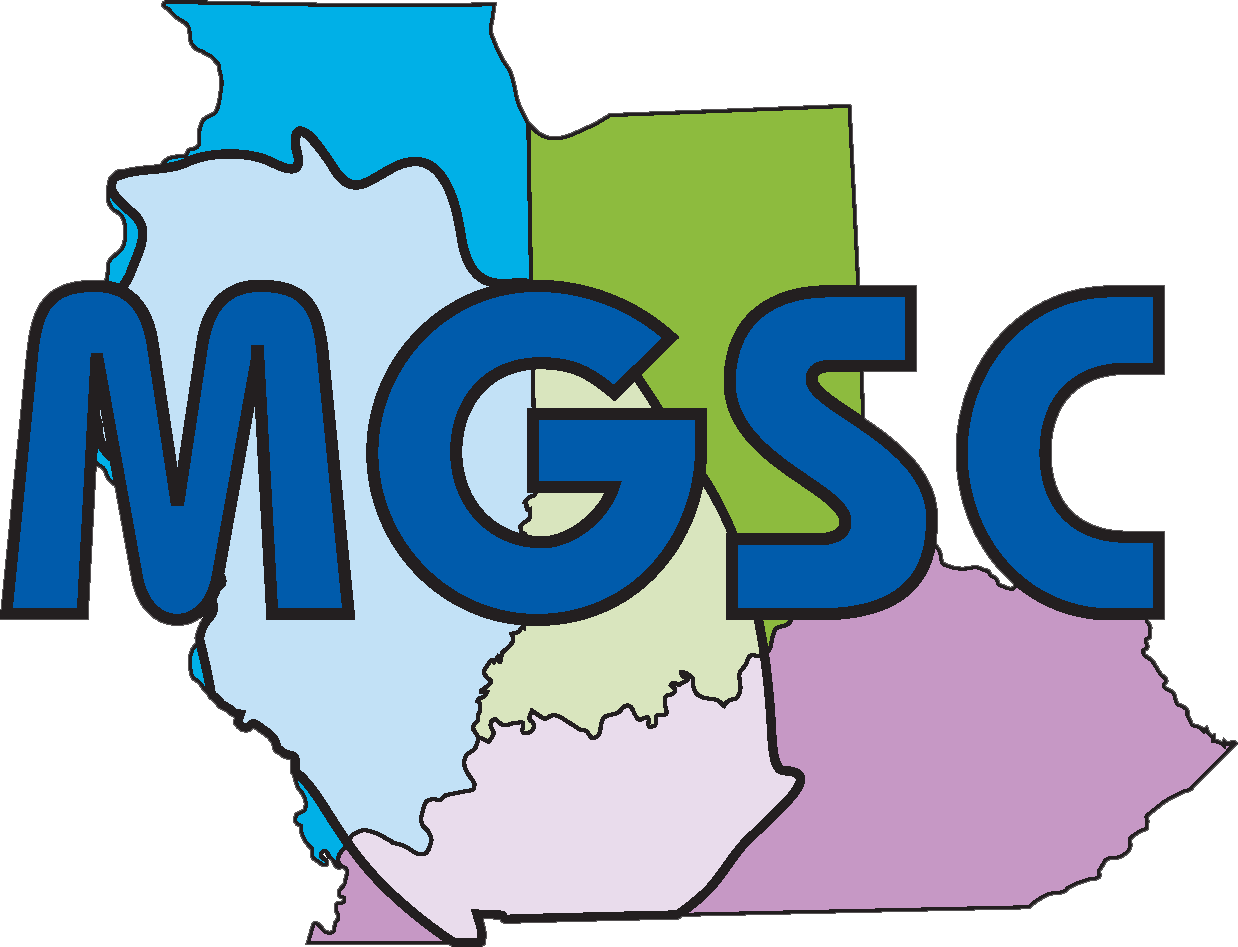Computational Methods
in Water Resources
XIX International Conference
![]() June 17-21, 2012
June 17-21, 2012
at the University of Illinois at Urbana-Champaign
Special Session on:
Data-driven Approaches for Water Resources Forecasting and Knowledge Discovery
Conveners:
David J. Hill, Rutgers, the State University of New Jersey
Kenneth H. Reckhow, RTI International
Description:
Recent advances in environmental sensing technologies have lowered the barrier to knowledge discovery by giving us the ability to observe phenomena at time and space scales that have previously been impossible to access. Sensor networks present potentially profound opportunities for improving our understanding and ability to manage large-scale environmental systems. Likewise, national water monitoring programs (e.g., NAWQA, NARS) have resulted in large multivariate data sets, which with appropriate analytic techniques, can yield greater understanding of relationships and improve forecasting. This session focuses on new and emerging computational methods for harnessing the information value of these observations for knowledge discovery and forecasting. This session encourages submissions that advance (1) integration and in-network processing of real-time data streams, (2) data mining frameworks for processing significant quantities of spatiotemporal data, (3) Bayesian or other statistical frameworks for forecasting future states given past behaviors, (4) machine learning and visualization techniques that can facilitate knowledge discovery, and (5) approaches for forecasting non-stationary processes. Applications in surface hydrology, groundwater, water quality, and meteorology are encouraged.
Papers and Abstracts:
Oscillatory Hydraulic Tomography: Numerical Studies
Michael Cardiff, Warren Barrash, Peter Kitanidis
Integrated Machine Learning Techniques in Streamflow Forecasting and Reservoir Operation
Mansour Ganji, Keyvan Asghari
Bayesian Fusion for High-Resolution Rainfall Sensing using Ubiquitous Sensors
David Hill, Farbod Farzan
A Data-driven Approach for Understanding the Dynamics of Regional Water Resources in the Northern Great Plains
Ganming Liu, Franklin Schwartz
In-river Rating Curves Interpolation for a Better Assessment of Stream-Aquifer Exchanges in a Regional Distributed Hydro(geo)logical Model: Application to the Central Area of the Seine Basin
Firas Saleh, Nicolas Flipo, Chantal de Fouquet
Challenges in modeling impacts to water rights on ephemeral streams
Willem Schreuder
Comparison of machine learning techniques for prediction of entrainment of sediment particles
Manousos Valyrakis
Total load transport prediction using soft-computing methods
Manousos Valyrakis
Improving Groundwater Flow Model Prediction Using Complementary Data-Driven Models
Tianfang Xu, Jaesik Choi, Albert Valocchi, Eyal Amir
Modeling Stream Flow Extremes under Non-Time-Stationary Conditions
Ci Yang, David Hill


